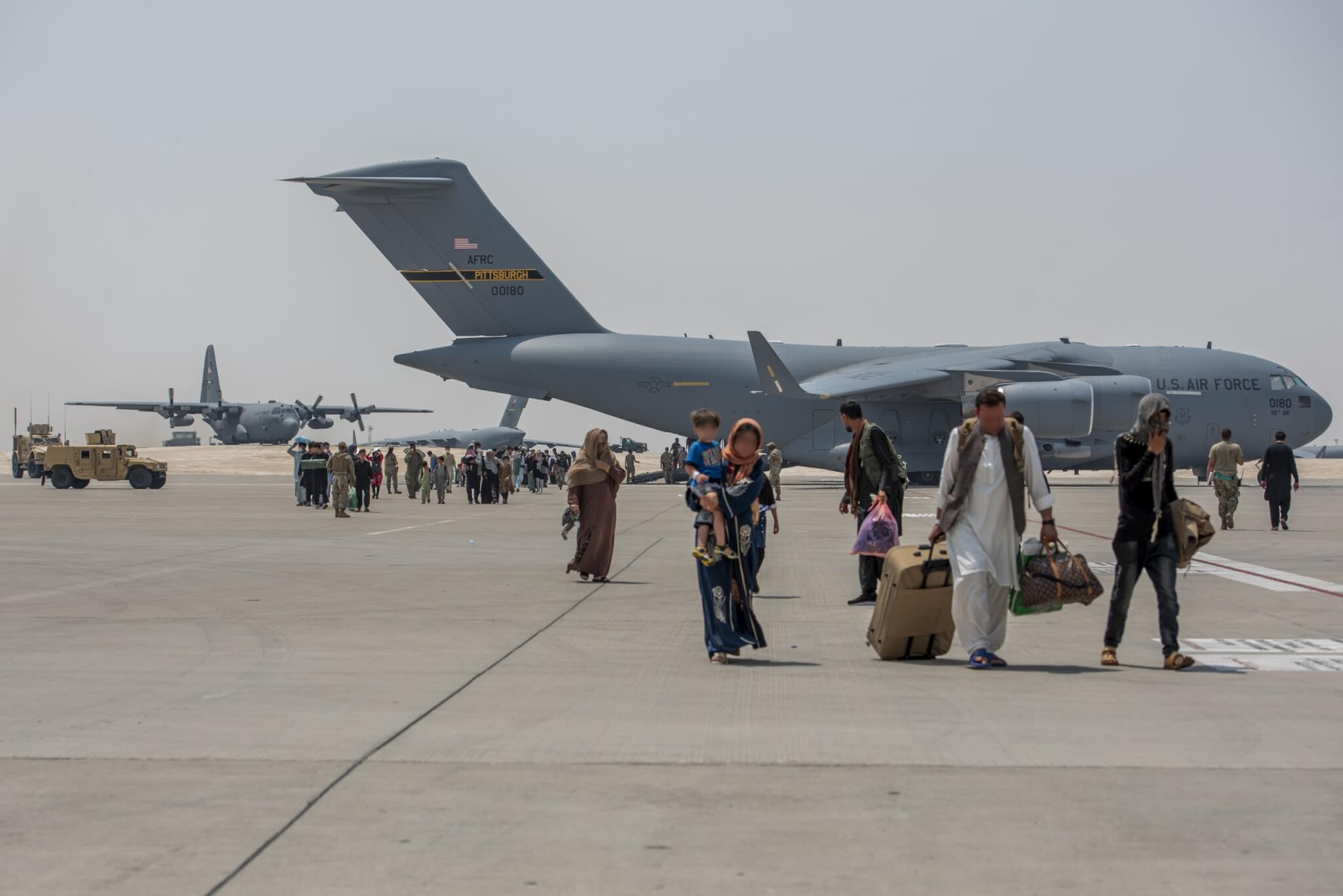The U.S. withdrawal from Afghanistan last year led to the collapse of the Afghan National Army and the government, setting in motion a refugee crisis that has thousands of Afghans who remain in country fearing for their lives.
As of late October, there were roughly 200,000 Special Immigrant Visa-eligible Afghans still awaiting evacuation, according to the advocacy group No One Left Behind.
Having talked to a number of Afghan refugees who have immigrated to the U.S., I have found that many are not able to get permanent status through a green card.
“The biggest challenge for me is to get my permanent ID green cards. I completed all the processes so still we are not able to get this status,” said an Afghan refugee who worked with the Afghan National Army.
With all the paperwork complete, they sit waiting for this crucial document, a green card, to help them move forward and establish their lives in the states.
One Afghan immigrant who worked with U.S. Provincial Reconstruction Teams left Afghanistan in 2016 with his family and shared his experience, compared to the vastly different challenges his brother’s family is facing today.
RELATED: Afghanistan evacuation: Nonprofit aims to revamp special-immigrant visa processes
“We didn’t face a lot of problems getting to the U.S.,” the Afghan immigrant said. “We easily got our immigrant visa and got our green cards a month after we arrived.”
And while there were a number of challenges he and his family faced while moving to the U.S., they were able to move forward.
Today, many Afghan immigrants feel stuck. They can’t go back to Afghanistan, but is the U.S. truly their home?
“We are here but we are not feeling free and we don’t have a permanent status, so we feel like [we are in an] unknown situation,” the former Afghan National Army member said. “I hope it gets changed soon and we get this status soon.”
And while the challenges of those who are in America are hard, many Afghans who worked with American forces are still in Afghanistan and fear for their lives, especially the Tajik people in Northern Afghanistan.
“The Taliban are looking for people whose home- towns are in Panjshir-Kapisa and Parwan province, and they are arresting these people,” said a former Afghan contractor still in Afghanistan.
He also noted the dire security situation after the U.S. left.
“I’m living a secret life, we escaped from [redacted], I’m currently living secretly in [redacted],” the former contractor said. “The security situation is completely broken, and alert has increased. People live with poverty and hunger. People’s economy is below zero.”
It is heartbreaking to hear the stories of both those who have left Afghanistan and came to the U.S. in search of a better life and now live in limbo waiting for permeant status.
And even with all the hurt, worry and pain, there is hope maybe not for the parents who migrated but for their children.
“I am happy to see my daughters and sons. They are going to school and celebrate their birthday and public holidays here,” the former Afghan National Army member said. “They will be proud for this country in future because they already selected what they want to be in the future.”
Editor’s note: The individuals interviewed for this piece spoke to AmeriForce Media on condition of anonymity due to the sensitive nature of Afghan resettlement/evacuation for those still in Afghanistan or with family in Afghanistan. The author also served with these individuals over the course of her Air Force career.







































